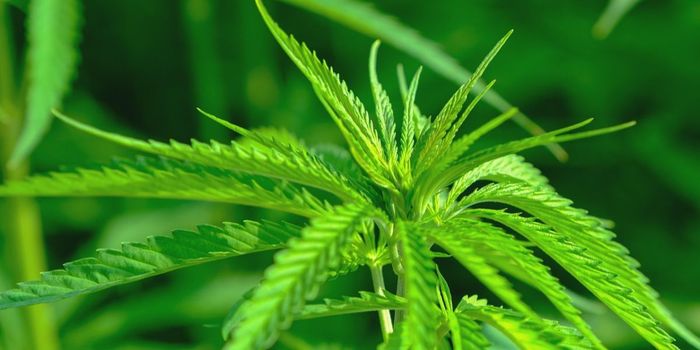Can Smoking Cannabis Cause COPD?
Chronic Obstructive Pulmonary Disease (COPD) is an umbrella term for chronic lung conditions including chronic bronchitis and non-reversible asthma-like symptoms. As around 90% of people with COPD have smoked, some may wonder whether smoking cannabis may be a precursor for the condition.
As cannabis is classified as a Schedule 1 drug, research has been limited on its effects on the body, and whether it may cause COPD. Moreover, as quantities of different cannabinoids consumed vary depending on the strain, size of the joint, how much smoke was inhaled and for how long, being able to compare any existing studies may be difficult.
Nevertheless, there is some evidence that suggests that smoking cannabis, like smoking cigarettes, may be linked to COPD. This comes as cannabis smoke contains many similar chemicals as cigarette smoke, and nevertheless irritates the airway due to its temperature. As such, smoking cannabis long term may increase coughing and mucus production while damaging mucus membranes and increase the risk of lung infections.
How cannabis is smoked may also have an impact. When smoking cannabis, people tend to have a two-thirds larger puff volume, a one third larger inhaled volume and four times longer time holding their breath.
A review from 2014 found that such inhalation techniques may cause four times more tar to be inhaled, and a third more to reach the lower airways, than when smoking cigarettes. They can also lead to a fivefold increase in carbon monoxide in the blood and a decrease in oxygen. This is because carbon monoxide is more likely than oxygen to bind to haemoglobin.
These factors alone may increase one's risk of developing COPD, especially given increased levels of carbon monoxide in the blood may be linked to more severe cases of COPD due to lung and systemic inflammation.
Sources: BMJ, Offical Journal of the Asian Pacific Society on Respirology, NCBI









